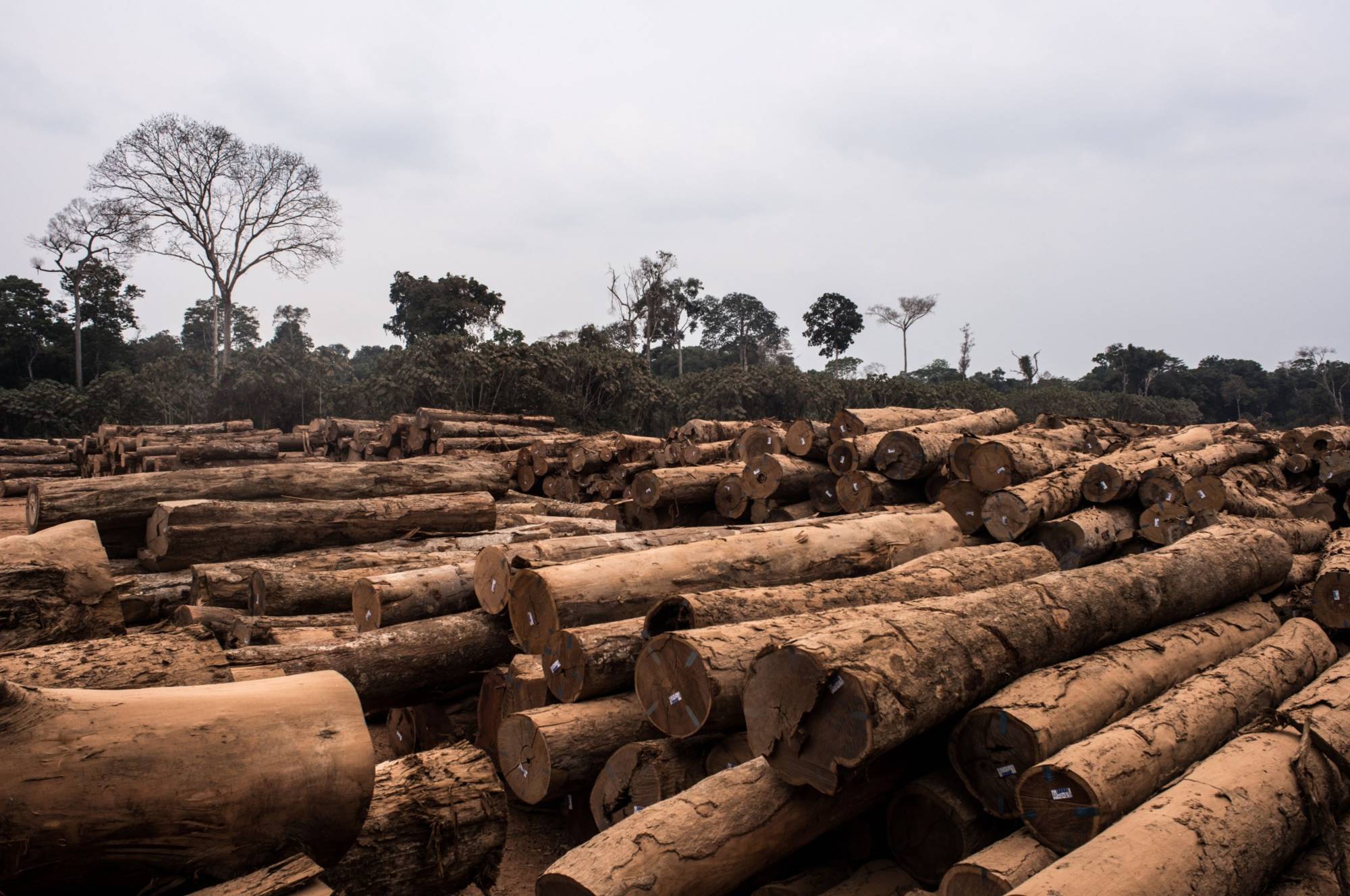Growing up on the southern edge of the Brazilian rainforest, Jose Pinheiro Borges learned to watch out for loggers eyeing the trees around his village. Now he’s paid to keep his little patch of forest in tact. That scenario, if repeated across the Amazon, can help cool the planet by preserving one of the largest natural engines for sucking up carbon dioxide molecules.
Borges’s family is among about three dozen in the Rio Preto-Jacunda reserve who joined a carbon credit program almost a decade ago. The indigenous villagers are paid for every ton of carbon dioxide saved by successfully deterring illegal loggers and preserving about 100,000 hectares of rainforest. A kind of carbon broker, São Paulo-based Biofilica, sells the resulting credits in exchange for a transaction fee.
"It's a way to protect the population here,” says Borges, 48, who also harvests nuts, acai and cassava for a living. "Our extractive activities are sustainable.”



